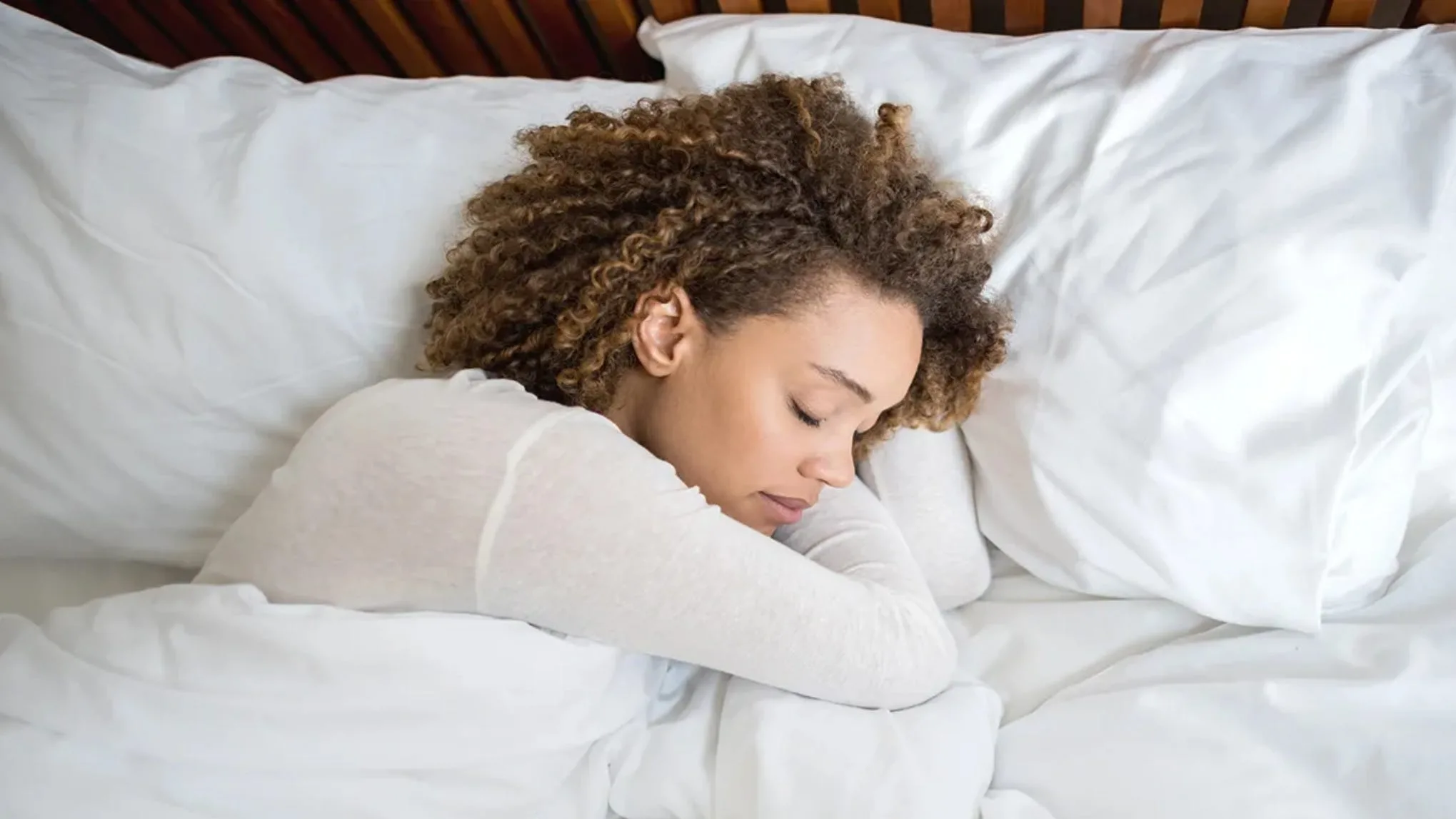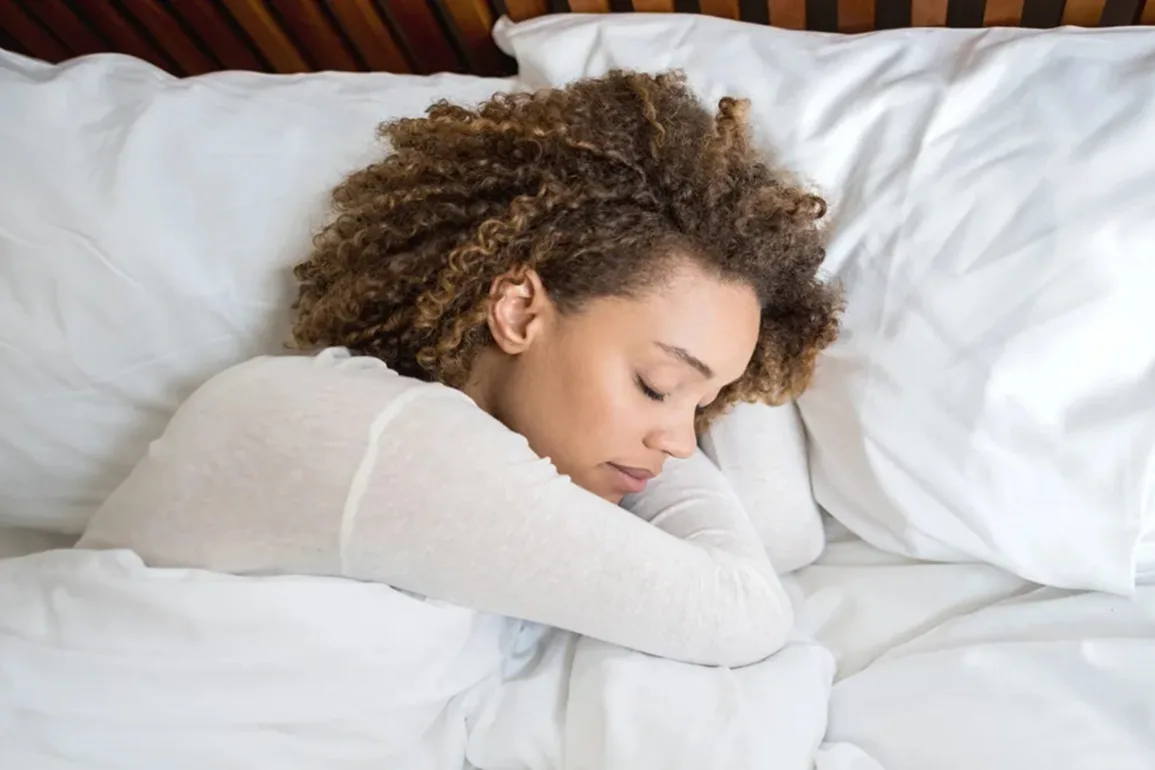
Black Americans are less likely to get quality sleep, and new research suggests police killings of unarmed Black people could be contributing to these racial sleep disparities.
Researchers analyzed sleep data from two large government surveys and a national database of police killings. The study, published Monday in JAMA Internal Medicine, found Black people were more likely than white people to report getting short or very short sleep in the months after police killed an unarmed Black person, according to co-author Atheendar S. Venkataramani, an associate professor of medical ethics and health policy at the University of Pennsylvania’s school of medicine.
“Events like this are the type that exactly could have impact on people’s health,” said Venkataramani. “And sleep is one of those things that I think can change very exquisitely in response to circumstances like that.”
The consequences of getting poor sleep, even in the short term, can be severe: Poor sleep is linked to multiple health problems, some of which disproportionately affect Black Americans.
“It’s a really important part of health,” Venkataramani said of sleep. “It affects physical and mental health in general. It’s of importance on its own and it is correlated with risk of death or premature death.”
More:2023 was the deadliest year for killings by police in the US. Experts say this is why
Very short sleep increased after police killings
Researchers looked at the responses of more than 2 million Black and white people to questions about how much they slept. Responses were taken from the Behavioral Risk Factor Surveillance surveys and the American Time Use surveys given between 2013 and 2019. During that period, police killed 331 unarmed Black people, according to Mapping Police Violence, the database used by the researchers. The database relies primarily on news reports as well as data from state and local government agencies.
After a police killing occurred in the state where respondents lived, there was a 6.5% increase of very short sleep, meaning less than 6 hours, compared to the average among Black people prior to the killing, according to the study. After a police killing that gained national attention, such as the killing of Eric Garner in New York, there was an 11.4% increase.
Venkataramani acknowledged the data had limitations. The study said researchers could not determine if respondents were aware of the killings, for example, and Venkataramani said getting data on news coverage and community discussions of each individual killing could improve the study’s design.
To limit potential bias, Venkataramani said researchers tried to control for factors like temperature and unemployment rates and looked at the impact of other kinds of police killings. The study found no adverse affects on sleep duration for white people after killings of unarmed Black or white people and no significant changes for Black Americans after killings of armed Black people, he said.
“It’s always possible that the results are biased by some factor that we’re not measuring that both correlated with incidents of a police killing and also people’s reports of how they’re sleeping,” he said. “So we can’t be sure, but we tried a lot to limit the bias.”
Americans don’t sleep enough.The long-term effects are dire, especially for Black people
Sleep disparities can impact Black people’s health
The National Sleep Foundation recommends seven to eight hours of quality sleep a night, but more than a third of U.S. adults say they get less than that on average, according to a 2022 analysis published by the American Heart Association. And research indicates quality sleep is harder to come by for Black people due to a variety of economic, social and environmental factors.
Poor sleep is linked to cardiovascular issues, increased risk of hypertension, diabetes and obesity, as well as cognitive issues like Alzheimer’s – all of which disproportionately affect Black communities. Researchers say even short term sleep loss can take a toll by damaging DNA and preventing cell rejuvenation.
Sleep deficiency also affects mental health by aggravating anxiety and depression. Previous research has shown the killings of unarmed Black people can also have a negative impact on the mental health of Black Americans.
Poor sleep can also harm one’s livelihood, diminish work or academic performance, risk safety and hamper social relationships.
“It’s one slice of research on health, but that inquiry could shed light on a number of things, including why life expectancy in the United States [is] dropping,” Venkataramani said. “I think a lot of the things that affect poor sleep may actually have explanatory power over the broader phenomenon that we’re having a bigger conversation about.”
Report:US life expectancy problem is ‘bigger than we ever thought’



